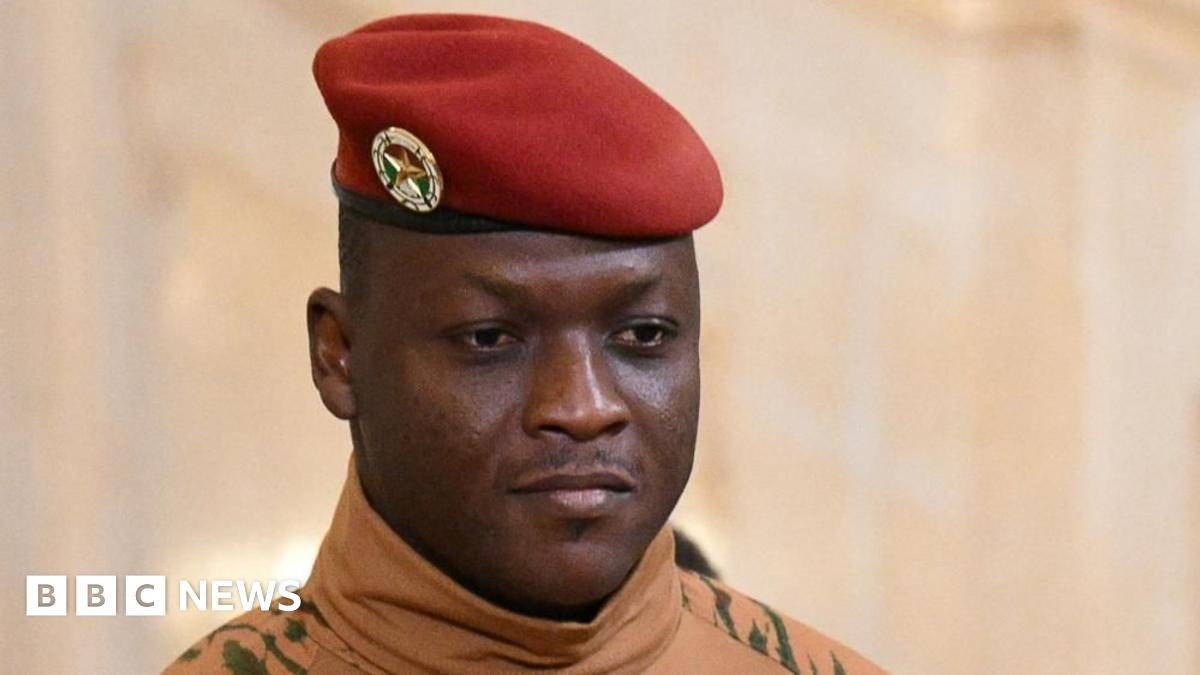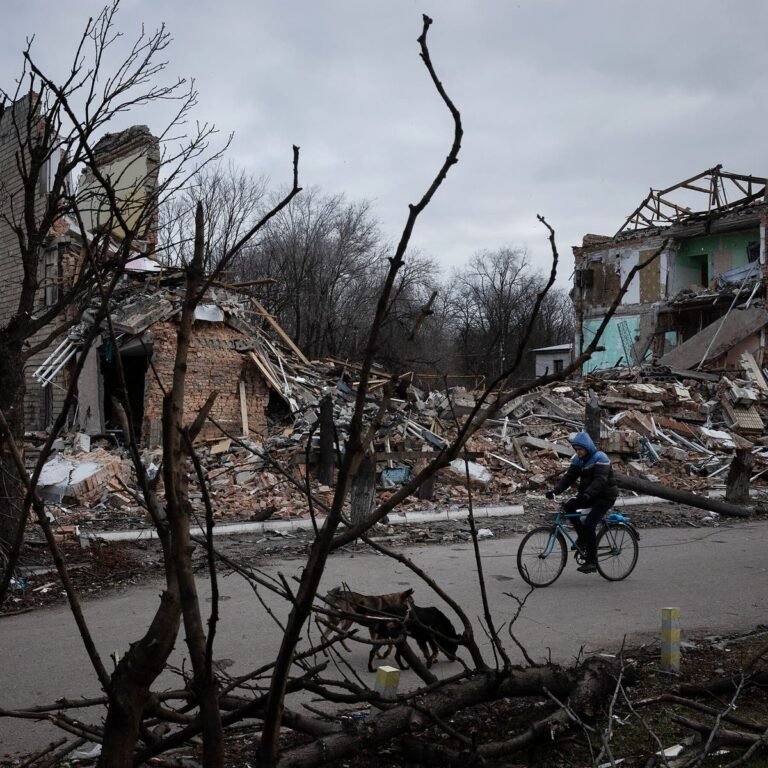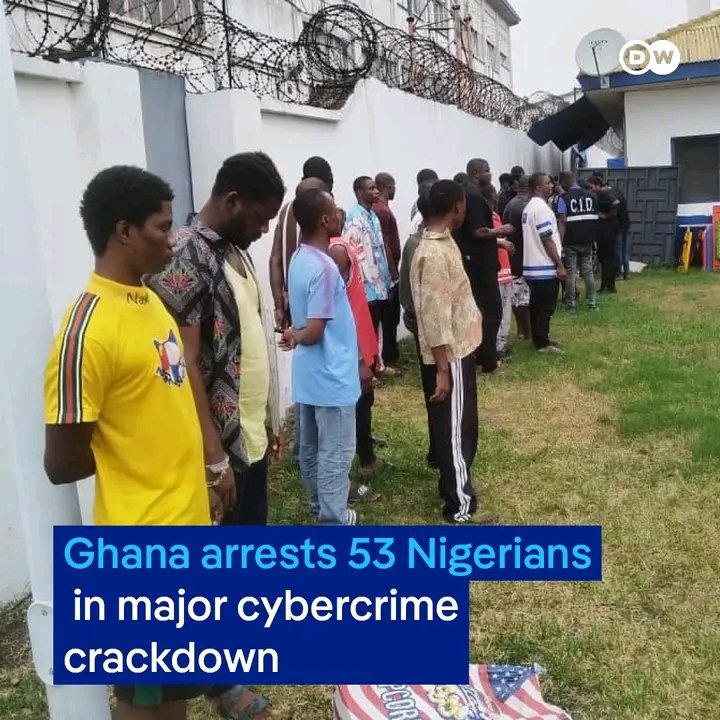
Burkina Faso Criminalizes Homosexuality with New Law Passed by Transitional Parliament
OUAGADOUGOU, Burkina Faso – Burkina Faso’s unelected transitional parliament has unanimously passed a law criminalizing same-sex relationships, imposing prison sentences and fines for those convicted.
The new legislation, voted through on Monday, stipulates punishments of up to five years in jail and significant fines for engaging in homosexual acts. Furthermore, any foreign nationals found to be breaking the law will face deportation in addition to criminal penalties.
Justice Minister Edasso Rodrigue Bayala confirmed the details on state-run media, stating, “the law provides for a prison sentence of between two and five years as well as fines.”
This move marks a significant shift for the West African nation. Previously, Burkina Faso was one of only 22 out of 54 African countries that did not explicitly outlaw same-sex relations. Unlike many former British colonies on the continent, it did not inherit anti-homosexuality laws from its former colonial power, France, after gaining independence in 1960.
The bill now awaits the signature of the country’s military leader, Captain Ibrahim Traoré, who seized power in a 2022 coup. Once signed, it will become law.
The legislation is part of a broader trend across Africa, where several nations are tightening laws targeting LGBT communities. Last year, neighbouring Mali, also ruled by a junta and a close ally of Burkina Faso, adopted similar legislation. Ghana’s parliament passed an anti-homosexuality bill, though it was not signed into law by the president at the time. Nigeria also has laws banning homosexuality.
The most severe anti-homosexuality laws on the continent are in Uganda, where “aggravated homosexuality” can be a capital offense and consensual same-sex relations can draw life sentences.
This crackdown has often drawn international criticism and backlash. Institutions like the World Bank have previously halted lending to countries like Uganda over their anti-LGBT stances, though such bans have been lifted.
Burkina Faso is a deeply religious and socially conservative country, with over 90% of its population adhering to a faith. The new law reflects these prevailing social values and aligns the nation with a growing number of African states taking a hardline stance against same-sex relationships.









